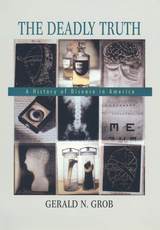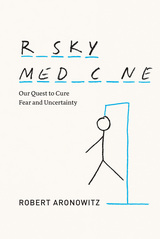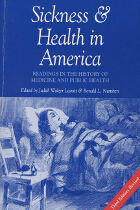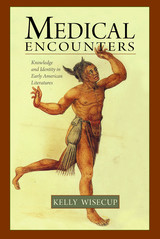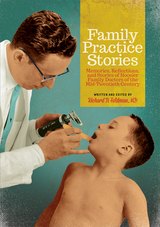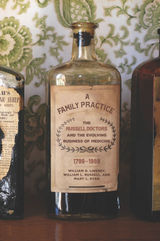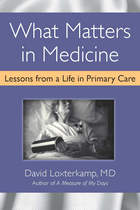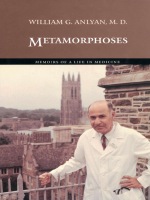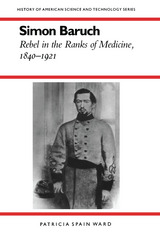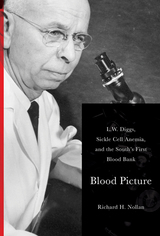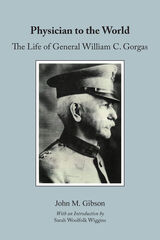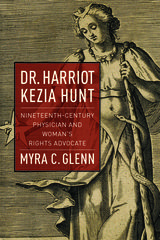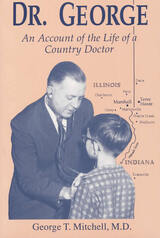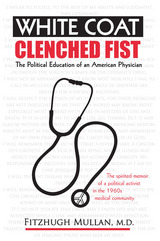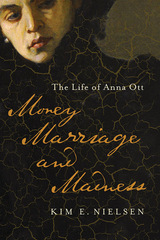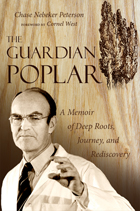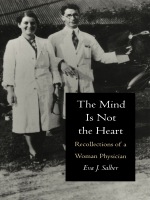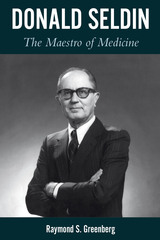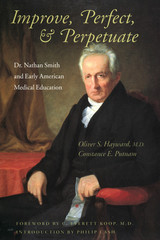eISBN: 978-1-62190-222-5 | Cloth: 978-1-62190-221-8
Library of Congress Classification R154.D5525N65 2016
Dewey Decimal Classification 610.92
"L. W. Diggs was a pioneer in sickle cell disease research. He was there almost from the beginning when SCD was introduced to Western medicine in 1910, and Diggs’s contributions to SCD knowledge and the insights into SCD history through his life story merit recognition.”
—Todd L. Savitt, author of Medicine and Slavery: The Diseases and Health Care of Blacks in Antebellum Virginia
In 1929, Lemuel Whitley Diggs arrived in Memphis as a newly minted physician from the Johns Hopkins University School of Medicine. Rather than establish a private practice, which would have been a lucrative endeavor in a modern city such as Memphis, Diggs took a position as one of the first full-time faculty members with the University of Tennessee Medical Units, a position that afforded Diggs access to both patient care and clinical research, and a decision that would later define his career. As part of his position, Diggs saw patients at the Memphis City Hospital, a poor, inner-city facility constrained by Jim Crow laws and racial bias. He immediately recognized a high rate of sickle cell disease among his patients, a disease Diggs had been taught was rare and one laden with negative racial attributes. Diggs’s study of sickle cell disease would lead him to confront medical racism, establish the South’s first blood blank and the nation’s first sickle cell center, and help define the mission of St. Jude Children’s Research Hospital.
Essentially a biography of Diggs, Blood Picture relates the life of a physician and intellectual with strong convictions and medically forward thinking. Diggs’s career spanned the Great Depression, World War II, and the civil rights movement, and he pushed the limits of medicine and sicklecell research in times of turbulent social change. His life reveals the consciousness of the South as seen through the profession he admired and loved.
RICHARD H. NOLLAN is an associate professor and head of the Research and Learning Services at the University of Tennessee Health Science Center in Memphis. He helped produce a digital retrospective on sickle cell anemia entitled Sickle Cell Disease: Photographs and Photomicrographs from 60 Years of Study.
See other books on: Blood banks | Medical (incl. Patients) | Physicians | Tennessee | Treatment
See other titles from University of Tennessee Press

